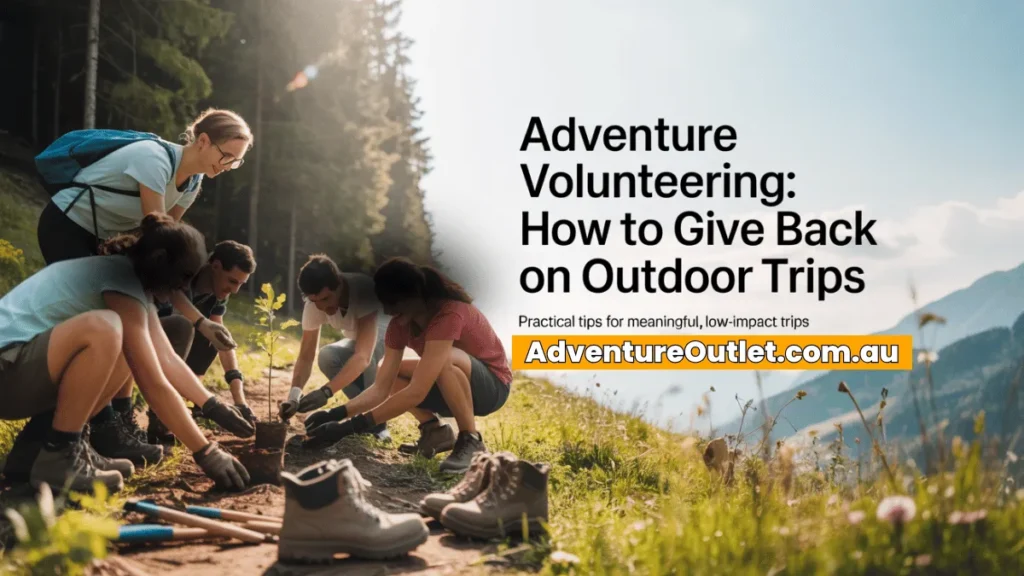
Heading out for a one-night escape? Whether it’s a last-minute backpacking trip, a car camping night, or a lakeside bivy, packing smart keeps your load light and your night comfortable.
Quick overview (two-sentence TL;DR)
Pack for shelter, sleep, warmth, water, food, safety, and navigation first. Then add lightweight comforts and weather-specific items — aim for a single pack you can shoulder and forget about.
Core principles
- Layer, don’t overpack: Use clothing layers to adapt to temperature changes.
- One item, multiple uses: Choose multi-purpose gear (bandana = sun protection + filter pre-filter).
- Safety first: Always carry water, a light source, and a way to call for help.
- Weather-check: Adjust items based on forecast—rain gear or sun kit can be deal-makers.
- Leave No Trace: Pack out what you pack in.
Essential overnight packing checklist
Shelter & Sleep
- Backpack (20–40L depending on trip)
- Shelter: ultralight tent / tarp + stakes OR bivy sack (small group may share)
- Sleeping bag (season-appropriate) or sleep quilt (comfort rated to expected low temp)
- Sleeping pad (insulating foam or inflatable)
Clothing (pack in dry bags / ziplocks)
- Base layer (moisture-wicking top)
- Insulating mid layer (fleece or light down)
- Outer shell (waterproof/breathable jacket)
- Hiking pants / shorts (quick-dry)
- Extra underwear + socks (merino or synthetic)
- Warm hat + light gloves (nights can be cold)
- Camp shoes / sandals (optional but nice)
Food & Water
- Water bottle (1L) and collapsible flask / reservoir (additional 1–2L capability)
- Water purification (tablets, filter straw, or UV pen)
- Compact stove + fuel (or plan for cold meals)
- Lightweight cookware: pot, spork, mug
- Meals: high-calorie dinner + breakfast + snacks (trail mix, energy bars, jerky)
- Small trash bag (pack out waste)
Navigation & Tools
- Map (paper) + compass (even if you use GPS)
- Pocket knife / multi-tool
- Headlamp + spare batteries (headlamp preferred)
- Lightweight trekking poles (optional; reduce knee strain)
Safety & First Aid
- Basic first-aid kit (blister care, adhesive strips, bandages, antiseptic)
- Whistle + mirror or signal device
- Emergency blanket / bivvy (Mylar)
- Firestarter: waterproof matches, lighter, ferro rod
- Personal locator beacon or satellite communicator (for remote trips)
- Sun protection: SP15+ sunscreen, sunglasses, lip balm
Electronics & Extras
- Phone + portable charger (power bank)
- Camera (optional)
- Charging cable + small dry bag for electronics
Toiletries & Hygiene
- Toothbrush + small toothpaste
- Biodegradable soap & small quick-dry towel
- Toilet paper + trowel (dig catholes 6–8” deep) or wag bag if required
- Hand sanitizer
Also Check: How to Build an Aussie Micro-Adventure
Minimal “ultralight” pack for short overnight hikes (example)
- 30L pack, 1.5–2.5 kg base weight (without food/water)
- Bivy + 300–500 g quilt, inflatable pad (200–400 g)
- Water bottle + tablets, 1 meal + snacks
- Headlamp, map, multi-tool, small first-aid, lightweight clothing layers
Tips to pack faster & lighter
- Lay everything out before stuffing it in the pack — you’ll spot duplicates.
- Stuff sacks / compression cubes organize and compress clothing.
- Wear the bulkiest items (boots, jacket) on the trail to save pack space.
- Distribute weight: heaviest items close to your back and mid-height.
- Use resealable bags for electronics and food to keep items dry and accessible.
- Pre-cook & dehydrate meals at home to save fuel and time.
- Weigh the pack and drop anything nonessential if total feels heavy.
Weather & terrain add-ons
- Rainy/Cold: heavier waterproof shell, insulated sleeping bag, gaiters, hand warmers
- Hot/Sunny: extra water, sun hat, UV shirt, lightweight ventilated shoes
- Winter/Alpine: four-season sleeping bag, stove that works in cold, crampons, thicker layers
Family / kid / pet variations
- Bring comfort items (favorite blanket/toy) for kids + snacks and child-size clothing.
- For pets: collapsible water bowl, extra leash, pet first-aid, and check pet-friendly campsite rules.
- Consider car camping for small children or pets to reduce gear complexity.
Safety checklist before you go
- Tell someone your route + expected return time.
- Check local fire bans and campsite rules.
- Confirm cell coverage & emergency contacts (or bring satellite comms).
- Re-check weather the morning of departure.
Quick printable checklist (copy & paste)
Pack: backpack, shelter, sleeping bag, pad, stove, pot, water bottle, purifier, headlamp, spare battery, map, compass, multi-tool, first-aid, firestarter, phone + charger, clothes (base, mid, shell), extra socks, toiletries, toilet paper + trowel, trash bag, whistle, sunscreen, sunglasses, snacks/meal.
Final words
An overnight trip is one night of adventure but a lifetime of memories — pack smart: shelter, warmth, water, food, and safety top the list. Trim luxuries, keep essentials accessible, and respect the environment. Now zip it up, tighten your straps, and enjoy a great night under the stars.
